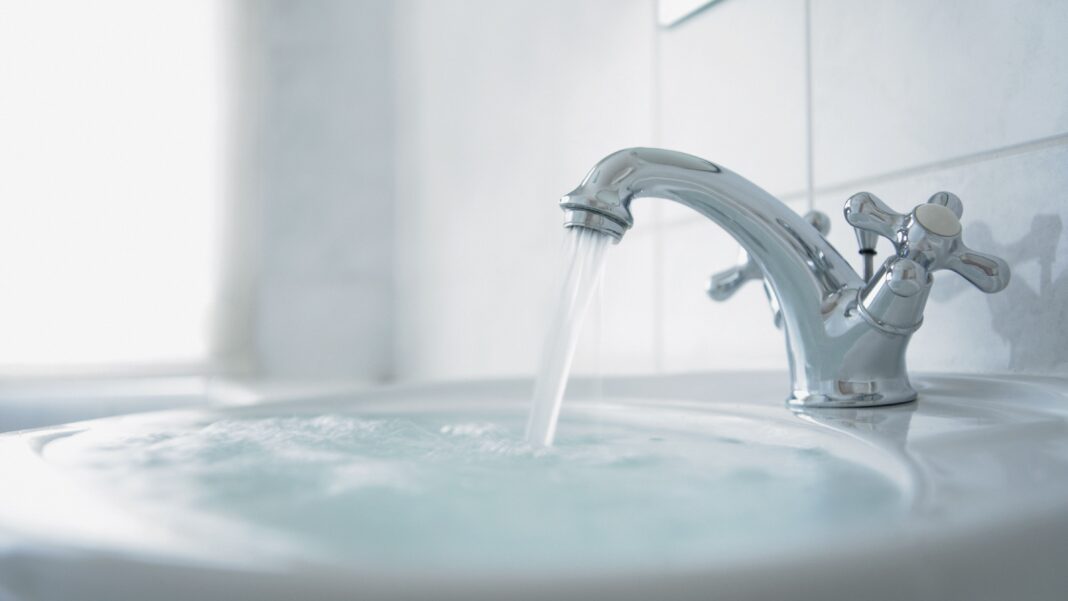Legionella is a naturally occurring bacteria that can often be found in freshwater lakes and streams. However, under the right conditions, the bacteria can also form in a number of human-made water sources. If exposed to Legionella, individuals may be at risk of developing Legionnaires’ disease, a form of pneumonia that can often be serious. Thankfully, however, with the right tools and procedures in place, there are steps you can take to make sure you and your family are protected. To help you stay prepared, the City of Trenton and Trenton Water Works have teamed up to produce a number of resources to keep your family Legionella-free.
Last month, the City of Trenton sent out a whopping 63,000 mailers to Trenton Water Works customers explaining the importance of Legionella and what you can do to prevent its spread. Awareness and prevention, after all, are one of the greatest defenses against exposure and disease. Although it is important for everyone in the Capital City and beyond to stay vigilant, the prevention of Legionella is especially vital for those over 50, current or former smokers, people with a chronic lung disease, or those living with a weakened immune system. Trenton Water Works, alongside the NJ Department of Environmental Protection and the Environmental Protection Agency, are working tirelessly to implement remedial action, but what are some steps you can take in the meantime?
Trenton has released an extensive guide of all of the steps you can take to prevent Legionella development, which you can access here: Decrease Risk of Legionella. A copy of these resources is also available in Spanish, which is available here: TWW – Español. There’s dozens of steps you can take to help slow the spread, but a few of the most important measures you and your family can take include:
- Clean and replace all of your home’s water filters per the manufacturer’s instructions
- If you’re at high risk for developing disease, avoid high-risk activities like hot tubs, decorative fountains, power washing, or similar activities, which may result in increased amounts of aerosols or mist.
- Assure that you are maintaining any in-home medical equipment, including CPAP machines, BiPAPs, Neti Pots, nebulizers, etc.
- Conduct routine flushing of fountains and taps in the home that are not frequently used. Be sure to let water sources like taps, showers, etc. that have not been ran for a week or longer for at least three minutes prior to usage
- Drain garden hoses and winterize hose bibs. Be sure to detach and drain the hose, shut the water valve off inside the home, and drain the pipe when not in use for the season.
In addition to these tips and tricks, help is also available directly from Trenton Water Works and their partners. You can find an extensive list of resources, services, and more by visiting TWW’s website here: Legionella – TWW.
Tips and tools are available to help keep you protected, and together, we can slow the spread to keep our friends and neighbors safe.






